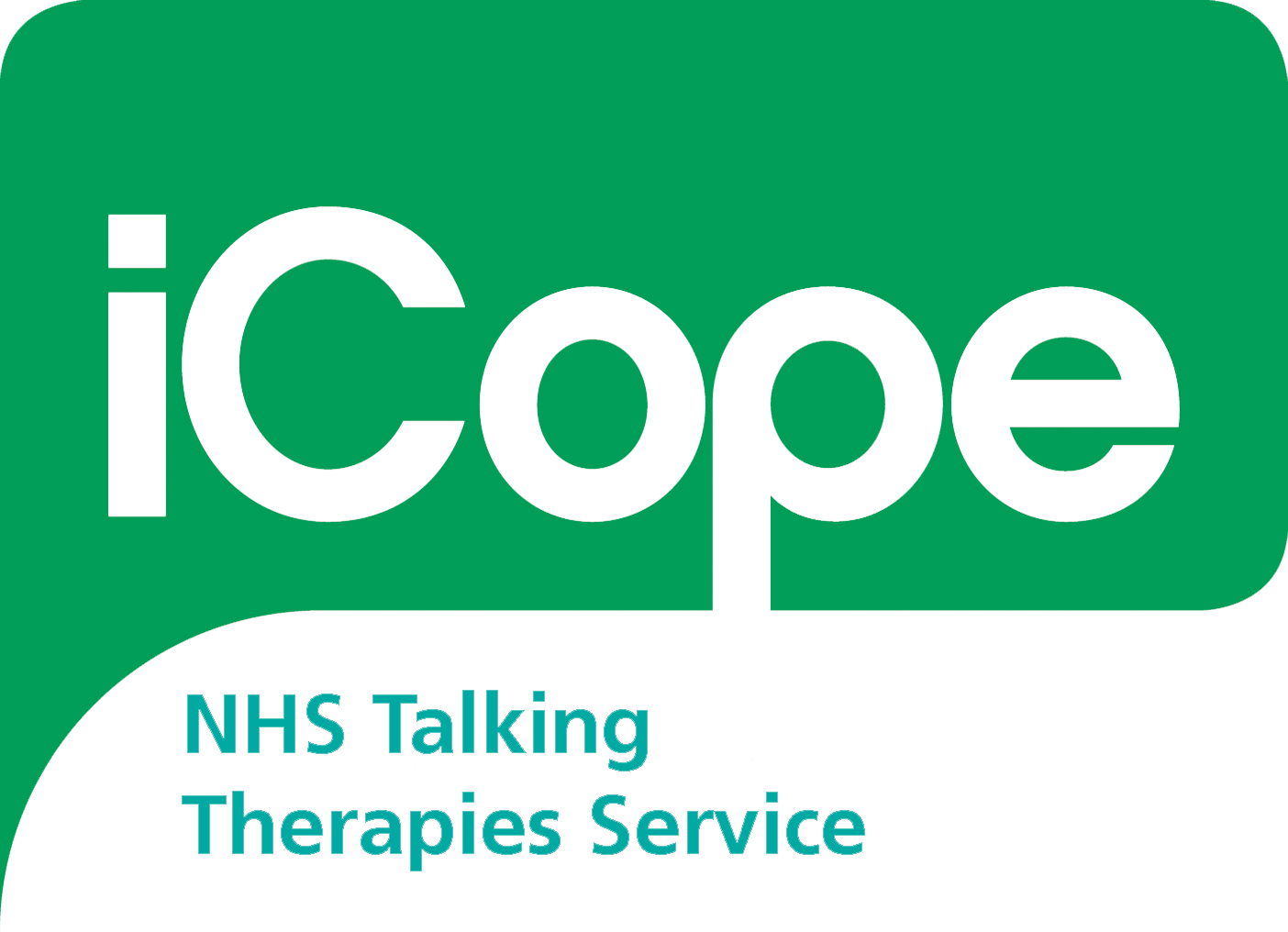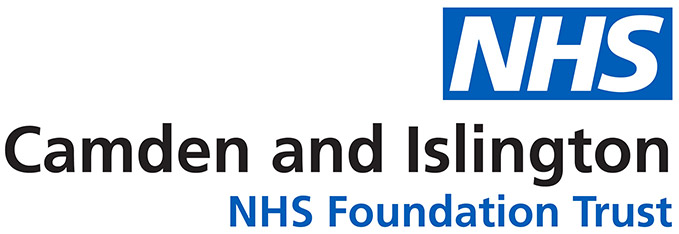The National Institute for Health and Care Excellence (NICE) recommends two main treatments for OCD: Cognitive Behavioural Therapy and medication. Guided Self Help, may also be of benefit. Depending on your circumstances, you may benefit from one of these types of treatment or a combination of the two.
Cognitive Behavioural Therapy
Cognitive Behavioural Therapy (CBT) is one of the most effective types of treatment for OCD. Generally, CBT helps you to identify unhelpful and unrealistic beliefs and behavioural patterns. You and your therapist work together to change your behaviour and replace unhelpful beliefs with more realistic and balanced ones. CBT teaches you new skills and helps you understand how to react more positively to situations that would usually cause you anxiety.
If you would like to know get help from our service or know more about Cognitive Behavioural Therapy, you can request an appointment with our service. Alternatively, you may wish to speak to your GP about a referral to our service.




